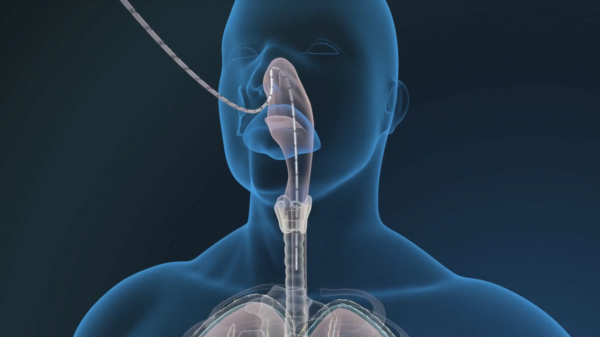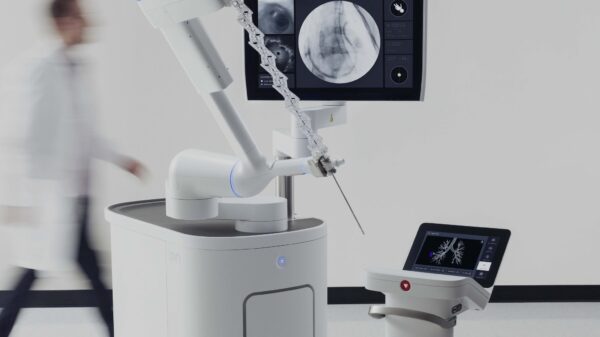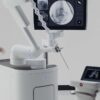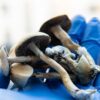A jury in California ruled that Biosense Webster, a subsidiary of pharma giant Johnson & Johnson (NYSE: JNJ), is in breach of antitrust rules by withholding clinical support to hospitals using reprocessed cathethers.
The lawsuit started in 2019, filed by medical device reprocessing firm, Innovative Health, in 2019. The jury awarded the firm over USD$147 million in damages, according to court documents released on Friday.
The Association of Medical Device Reprocessors (AMDR) called the decision a “victory for America’s hospitals, providers, patients, and the environment.” A Johnson & Johnson spokesperson also said the company disagrees with the jury’s decision. The company is evaluating all legal options, including an appeal.
The AMDR said the lawsuit exposes and brings closer scrutiny to “potentially anticompetitive” tactics by original equipment manufacturers.
“For too long, Johnson & Johnson has used tying arrangements and other tactics to interfere with fair competition from lower-cost, FDA-regulated, reprocessed ‘single-use’ devices,” said Daniel Vukelich, AMDR CEO.
Innovative Health, based in Scottsdale, Arizona, first filed the case against Biosense Webster in 2019. The company claimed Biosense Webster holds a monopoly on heart-mapping catheters. In its complaint, Innovative Health said Biosense Webster tied clinical support to purchases of high-density mapping and ultrasound catheters. These catheters work with its Carto 3 cardiac mapping system.
Furthermore, the complaint stated that Biosense Webster controls over half of cardiac mapping systems installed in the U.S. The FDA cleared Biosense Webster to sell catheters for single use in hospitals. Accordingly, the FDA also cleared Innovative Health to reprocess and sell those catheters one to three more times before disposal. Reprocessed devices are used in procedures and then disinfected or sterilized.
Read more: Scientists develop breath-related diagnostic tool for early detection for silicosis
Read more: Korean consortium propels lung cancer drug development with AI, supercomputers
Johnson & Johnson has history of anticompetitive practices
A technician must operate the cardiac mapping system software while a physician performs a procedure. In the past, system manufacturers trained hospital staff to handle their own case coverage. In addition, the complaint states that Biosense Webster has run a program for over 10 years where clinical account specialists provide case coverage free of charge.
Innovative Health also alleges that Biosense Webster had a written policy refusing to provide case coverage when hospitals used reprocessed catheters from competitors.
According to the complaint, other medical device manufacturers, such as Abbott, provide clinical support regardless of the catheter supplier. Innovative Health sought damages and injunctive relief. J&J is also reviewing the verdict.
“We continue to believe our actions are pro-competitive and meet our responsibility to ensure patient safety and product performance,” a J&J spokesperson wrote in a statement.
Johnson & Johnson has faced several allegations of anti-competitive behavior over the years, particularly in its medical device and pharmaceutical divisions. One notable case involved its subsidiary Janssen Pharmaceuticals, which was accused of using “pay-for-delay” tactics to keep generic versions of its drug Remicade off the market. These tactics involve paying potential competitors to delay launching lower-cost alternatives, thus preserving market exclusivity and high prices.
In the medical device sector, Johnson & Johnson has also faced scrutiny for its practices in cardiac device sales. Courts and competitors have accused the company of bundling products and tying clinical support services to exclusive purchases—practices that potentially block market access for reprocessors and smaller rivals.
Furthermore, in Europe, the company has faced regulatory pressure for its dominance in the surgical stapler and orthopedic implant markets. Authorities have investigated whether J&J used its market power to prevent competitors from gaining traction.
.













